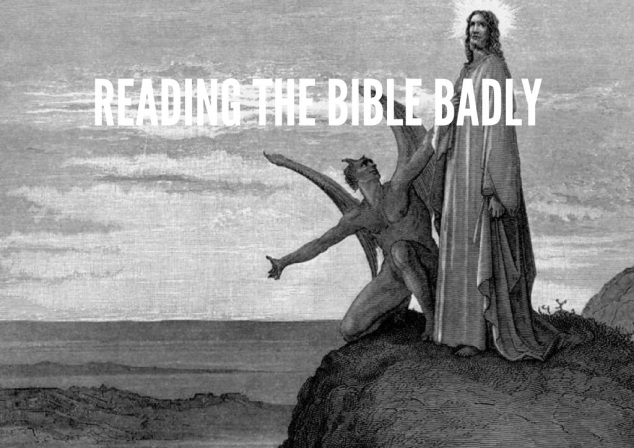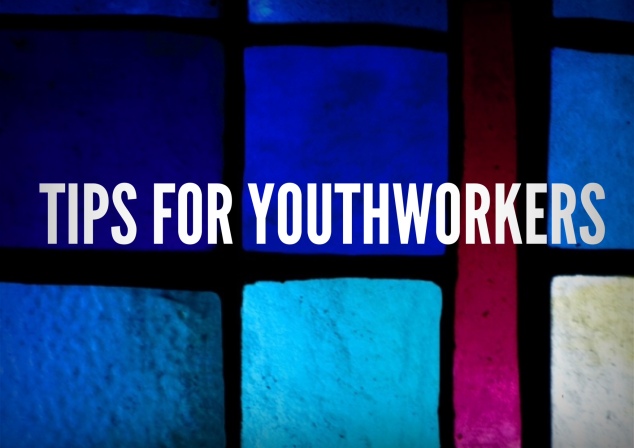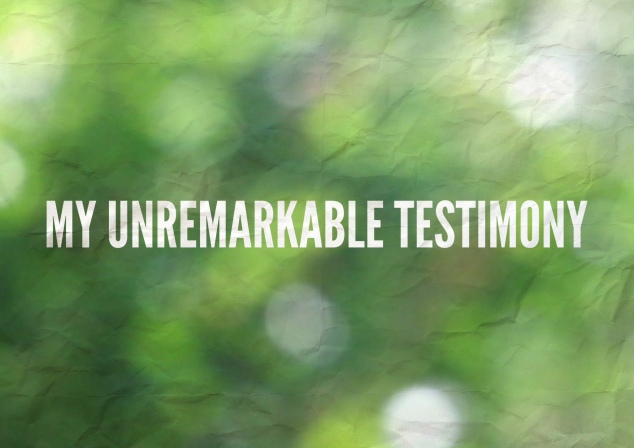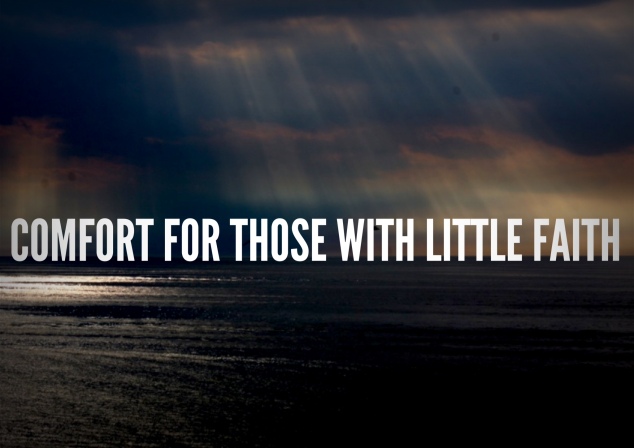Reading – Matthew 4:5-6 Then the devil took him to the holy city and set him on the pinnacle of the temple and said to him, “If you are the Son of God, throw yourself down, for it is written, ‘He will command his angels concerning you,’ and ‘On their hands they will bear you up,lest you strike your foot against a stone.’”
It concerns me how easily the devil manipulates scripture to serve his own agenda, and I worry how often we choose to read scripture in a similar way. I have and still do often pluck verses from their context and apply it to my own or another’s life, often without really realising what I’ve done. It’s so easy!
The most striking example of this I have found is perhaps the oft quoted Philippians 4:13, “I can do all things through him who strengthens me.” Often this is used as a verse that excuses passivity, and assumes a pre-won victory in whatever endeavour we happen to be undertaking at the time. Rarely is this beautiful portion of scripture ever quoted with the two verses immediately prior to it. The “all things” Paul is referring to is actually the ability to live in any situation, either with little or with much. Essentially, he is stating that he knows the secret to living in poverty or wealth. It’s truly a remarkable claim and ought to be studied and treasured, but it is not suggesting what it is popularly assumed to be suggesting.
It’s interesting though, given how easily scripture can be dissected and distorted, how Jesus responds to the devil’s temptation. He doesn’t appeal to another authority, instead he fights the devils misuse of scripture with more scripture. Jesus was saturated with the word of God and knew how to utilise it. It was not only for theological speculation (like I’m doing now) but for a real-life situation with very real consequences. The lesson is that in order to avoid being misled, or misleading others with dodgy interpretations of the Bible,we must not avoid studying scripture but instead study it more deeply. Jesus studied the scriptures avidly, but unfortunately avid biblical study (as opposed to cherry picking the occasional verse that we like) is often considered too difficult, or dangerous (some people believe we should just passively absorb scripture) and both are upsetting misunderstandings. Biblical study is practical, it’s faith enriching, and it doesn’t have to be complicated.
A simple, and free, resource to use would be http://www.biblehub.com. It gives detailed notes on specific verses and words which is important. There are also plenty of things to help place these words and verses into the broader context of the passages. If you want to go a bit deeper into the original languages it has an incredible amount of detail and information on the Greek and Hebrew. Healthy Christianity is certainly more than good biblical literacy, but shouldn’t be less. Whether we like it or not we read scripture through a filter, and it’s our responsibility to try to make sure that filter is helping, not hindering our knowledge of Christ.
A common objection to the idea that all must study scripture is that part of the Holy Spirit’s role is to interpret scripture for us. (I’m not entirely sure the Bible clearly states this, and I think it assumes the Bible is primarily there to extract truths from) but I’m happy to accept that the Holy Spirit is an important companion when reading scripture. We can be moved and nudged to certain stories, and we can often find that a passage is shouting about our present situation… But this in no way relegates personal and responsible study of the scriptures to a optional hobby. It isn’t simply a quirky pastime of those who seem to be good at it. Each of us are called to meditate and examine Gods scripture, to live with it close to us.
We can all commit to a deeper involvement with the word of God. Perhaps a good place to start, if you haven’t already, would be your favourite verse or passage. Read the whole book that it’s contained within. Often bibles will tell you what the purpose of a book or letter was and this is tremendously useful. As you work through the book try identifying recurring themes or words, they tell you what the author is trying to emphasise. Are there any verses that you don’t understand? Make a note and return to it later with a commentary or bible dictionary. Are there any verses that seem to have a difficult message? It’s easy to ignore it but spend some time wrestling with it. It’s also helpful to draw on the various practises and traditions of those around us to better understand our bible. Recently I’ve been trying to meditate on passages using the “Lectio Divina” model. (You can google “Lectio divina” to find out more).
Fully engaging with scripture is like fully engaging with an environment. It’s akin to the difference between simply seeing a photo of a Forest, and experiencing the forests sounds, smells and textures. We know the forest better, more intimately by studying both the bigger, beautiful picture and also its small, intricate details. Let’s not limit our Christian growth by refusing the explore the world of scripture in the same way!
One final thought occurs to me from this passage about Jesus’ testing. It is a clear demonstration that scripture can be quite easily, by ignorance or malice, broken up and distorted into a false word. It becomes shaky and unreliable. Mere words on a page can be so horribly twisted that they lose their status as the sanctified word of God.
But wonderfully, Jesus cannot. He allowed himself to be mistreated and broken. In the midst of it his character was not once distorted in any way. He was not made false or unreliable. The unjust crucifixion demanded bitterness and rage, but he remained loving and merciful, (“Father forgive them”). When cut, scripture burst forth in his cries in which he quotes Psalm 22. He cannot but be the the truth. He is and always will be the Word.
So, let’s not assume we spend some time with the Bible, and other times with Jesus. Their connection is mysterious, but profound. Let’s draw near him, and stay near him and ask him to read the scriptures with us.






















